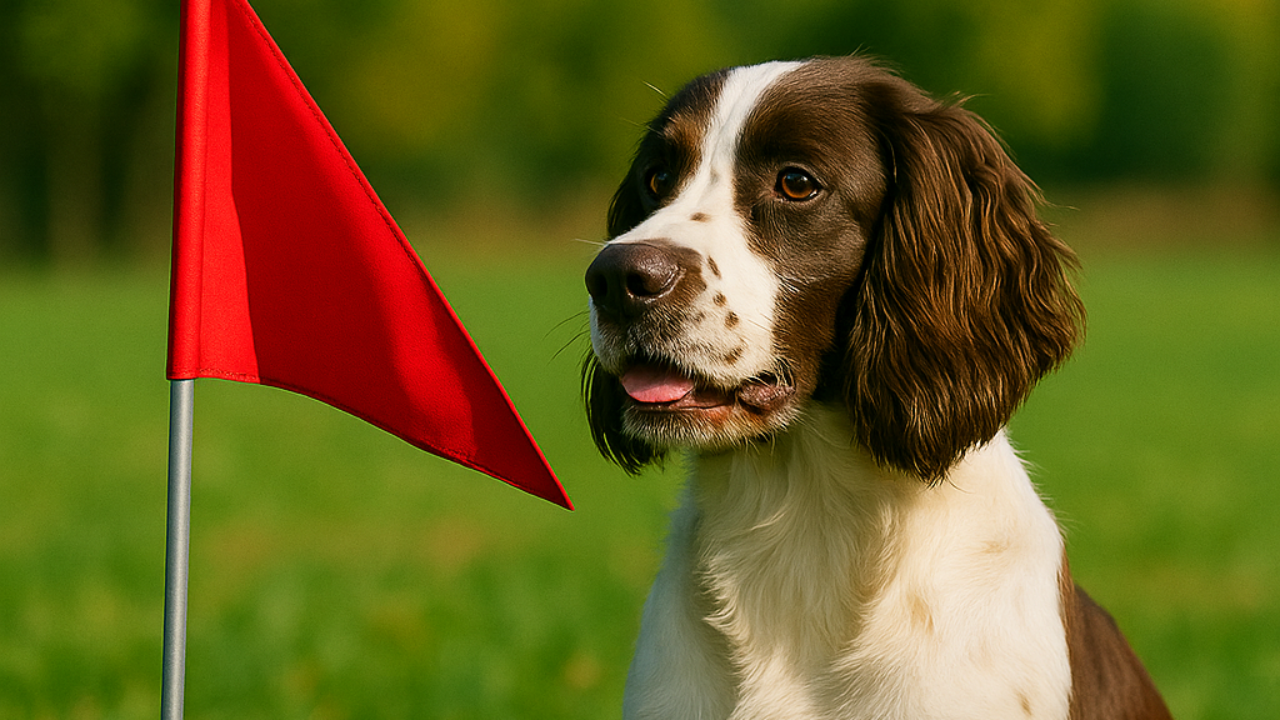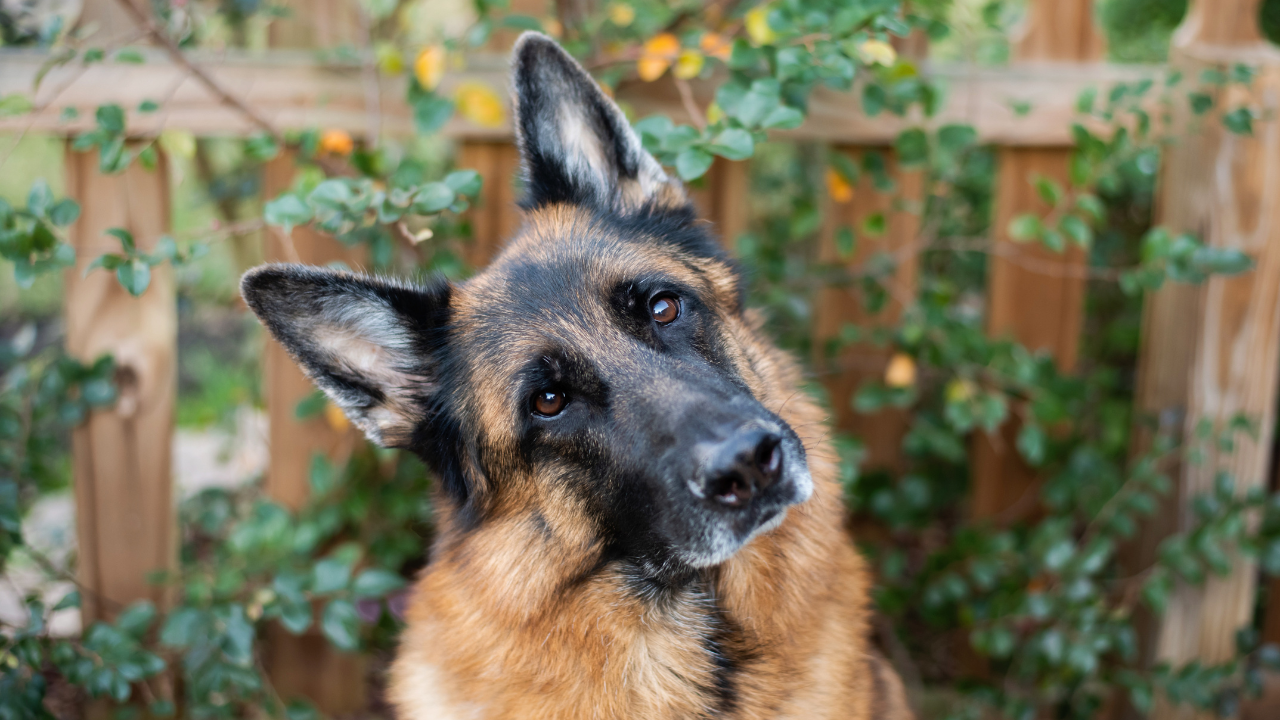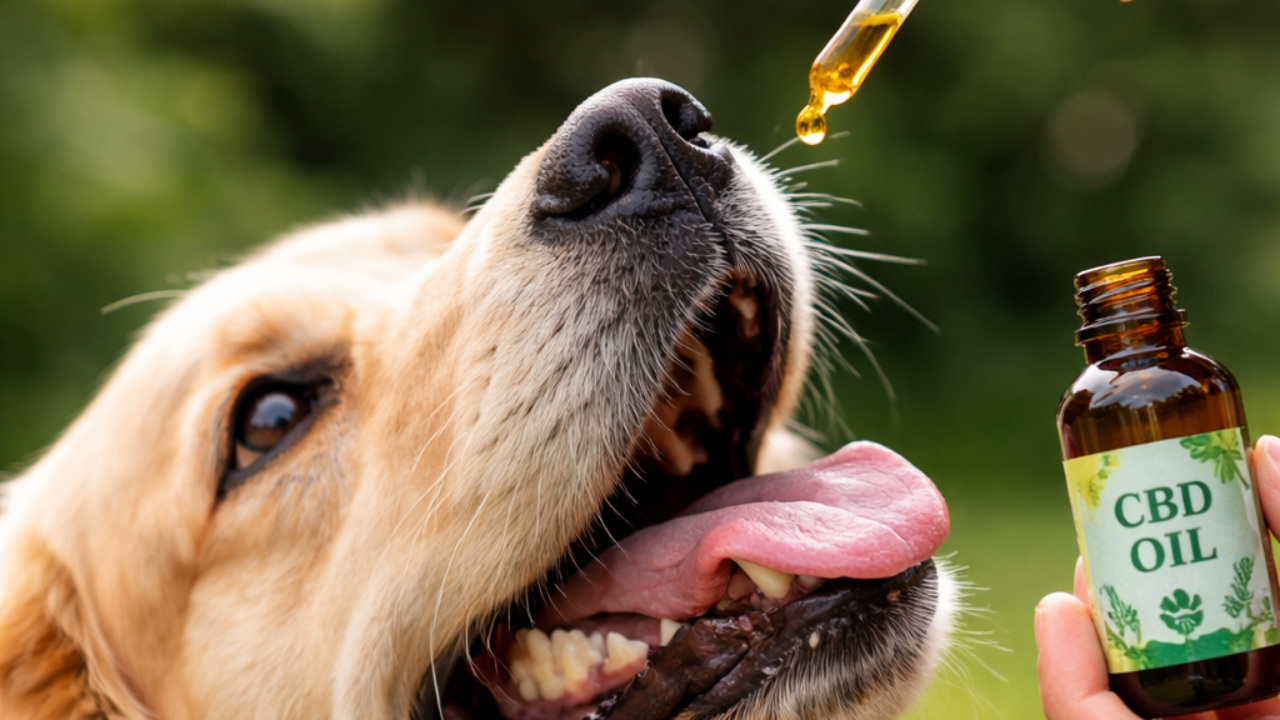7 Signs of Lymphoma in Dogs
Sep 10, 2025
Lymphoma in dogs is a cancer that affects the lymphocytes, specialized white blood cells that are a crucial part of your dog’s immune system [1]. Because lymphocytes circulate throughout the body, lymphoma can involve multiple organs, including the lymph nodes, spleen, liver, and bone marrow [2].
There are several forms of lymphoma:
-
Multicentric: Affects multiple lymph nodes and is the most common type
-
Cutaneous: Affects the skin and sometimes the mouth
-
Gastrointestinal: Affects the stomach or intestines
-
Mediastinal: Affects the chest cavity and thymus
Lymphoma is staged from I through V depending on how many organs are involved, with additional sub-stages describing how sick the dog appears systemically [3]. Prognosis depends on type, stage, age, and overall health, as well as whether chemotherapy or other treatments are used [4].
Important: Never self-diagnose. Only a veterinarian can confirm lymphoma through cytology or biopsy.
1. Enlarged Lymph Nodes
The hallmark sign of multicentric lymphoma is enlarged lymph nodes. These are most easily felt under the jaw, in front of the shoulders, behind the knees, and in the armpits and groin. They are usually firm, painless, and freely movable under the skin [5].
Action Tip: Regularly feel your dog’s lymph nodes during grooming sessions. If you notice new, firm swellings, schedule a veterinary appointment promptly.
2. Loss of Appetite & Weight Loss
Lymphoma often causes decreased appetite, and dogs may lose weight even if they continue to eat. In gastrointestinal lymphoma, weight loss is frequently accompanied by vomiting or diarrhea [6].
Action Tip: Weigh your dog weekly at home or at a pet supply store. Report any weight loss greater than 10% to your veterinarian.
3. Lethargy & Weakness
Dogs with lymphoma may become tired, withdrawn, or reluctant to exercise. You may notice they sleep more or lose interest in favorite activities [7].
Action Tip: Keep a log of your dog’s daily activity and energy level — this helps your vet evaluate subtle changes over time.
4. Swollen Abdomen
If lymphoma involves the liver or spleen, you may notice a distended belly. In some cases, fluid may also build up in the abdomen (ascites) [2].
Action Tip: Gently palpate your dog’s belly; if you notice firm enlargement or fluid-like swelling, see your vet right away.
5. Respiratory Changes
When lymphoma affects the chest cavity (mediastinal lymphoma), it can cause labored breathing, coughing, or rapid breathing [8].
Action Tip: Treat any new breathing difficulty as urgent; prompt imaging (X-ray or ultrasound) can identify chest involvement early.
6. Skin or Oral Lesions
Cutaneous lymphoma can cause dry, flaky, or red patches of skin that progress to moist, ulcerated, or thickened lesions. Lesions may also appear on the gums, lips, or roof of the mouth [9].
Action Tip: Take clear photos of new skin changes and share them with your vet to track progression.
7. General Illness Signs
Lymphoma can cause vomiting, diarrhea, fever, excessive drinking/urination, or swelling of the face or legs [6, 7]. These symptoms often indicate systemic involvement.
Action Tip: Monitor hydration (gum moisture, skin tent test) and call your vet if signs persist longer than 24 hours.
Diagnosis and Treatment
Diagnosis typically starts with a physical exam and fine needle aspiration of an enlarged lymph node for cytology. Additional tests, bloodwork, chest radiographs, abdominal ultrasound, or bone marrow biopsy help determine the stage [3].
Treatment:
-
Chemotherapy: Standard of care, with up to 80–90% remission rates in multicentric lymphoma [4].
-
Prednisone: Can be used alone when chemotherapy is not an option, but remission is typically shorter [4].
-
Radiation or Surgery: May be used for localized forms.
-
Holistic Support: Some veterinarians incorporate immune support, nutrition, and integrative therapies alongside conventional care.
Prognosis & Life Expectancy
Without treatment, most dogs live 1–3 months after diagnosis. With combination chemotherapy protocols, average survival time can be 12–18 months, and some dogs live 2–3+ years [4].
Every dog is unique; work with your veterinarian to choose a plan that supports both quality and length of life.
Key Takeaways
-
Early detection saves time: Check lymph nodes monthly and report changes quickly.
-
Diagnosis matters: Staging helps guide treatment and prognosis.
-
Treatment improves outcomes: Chemotherapy can significantly extend life expectancy.
-
Comfort is key: Discuss palliative care options if remission is not possible.
References
-
World Health Organization. TNM Classification of Tumors in Veterinary Medicine. WHO Press, 2025.
-
Cornell University College of Veterinary Medicine. Diagnosis and Staging of Cancer in Dogs. 2024.
-
Zatloukal J et al. Risk stratification scheme based on TNM staging system. Front Vet Sci. 2024;10:1472748.
-
Valli VE et al. Lymphoma in dogs: clinical characteristics and outcomes. Vet Pathol. 2021;58(6):809-828.
-
Marconato L et al. Prognostic factors for canine multicentric lymphoma. Vet Comp Oncol. 2024;22(3):345-354.
-
Horta RS et al. Clinical outcomes of dogs with high-grade cutaneous lymphoma. Front Vet Sci. 2024;11:1519636.
-
Werber J. End-stage cancer care in companion animals. J Vet Oncol. 2024;12(4):78-89.
-
VCOG (Veterinary Cooperative Oncology Group). Consensus guidelines for canine lymphoma staging. 2023.
-
Clinician’s Brief. Cutaneous lymphoma in dogs: diagnosis and management. 2024.
Become a Dog Cancer Coach.
Transform your passion for dogs into a meaningful, heart-led career with our Holistic Dog Cancer Coach Certification—an in-depth, flexible online program designed for compassionate caregivers ready to make a difference.
Stay connected with news and updates!
Join our mailing list to receive the latest news and updates from our team.
Don't worry, your information will not be shared.
We hate SPAM. We will never sell your information, for any reason.





